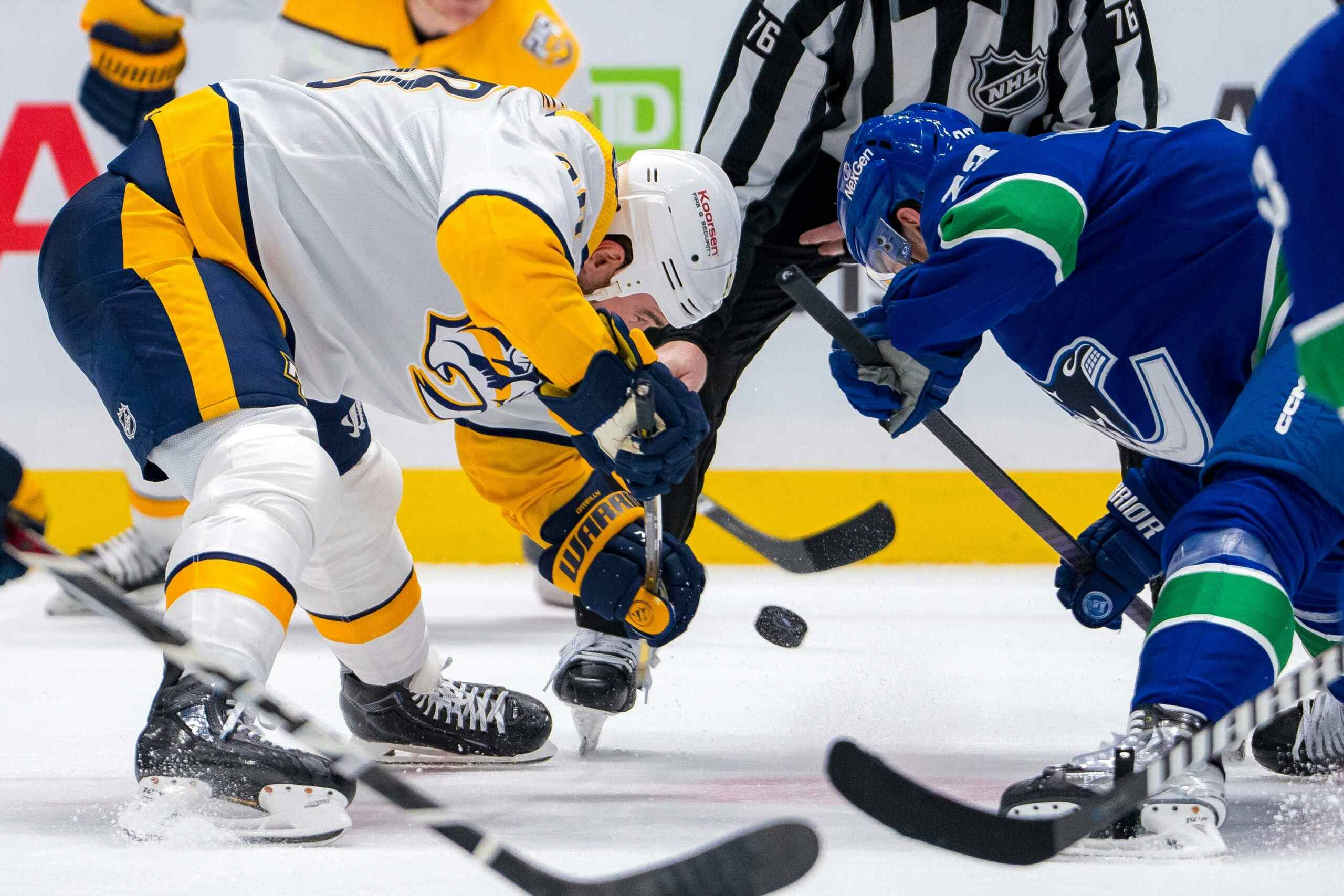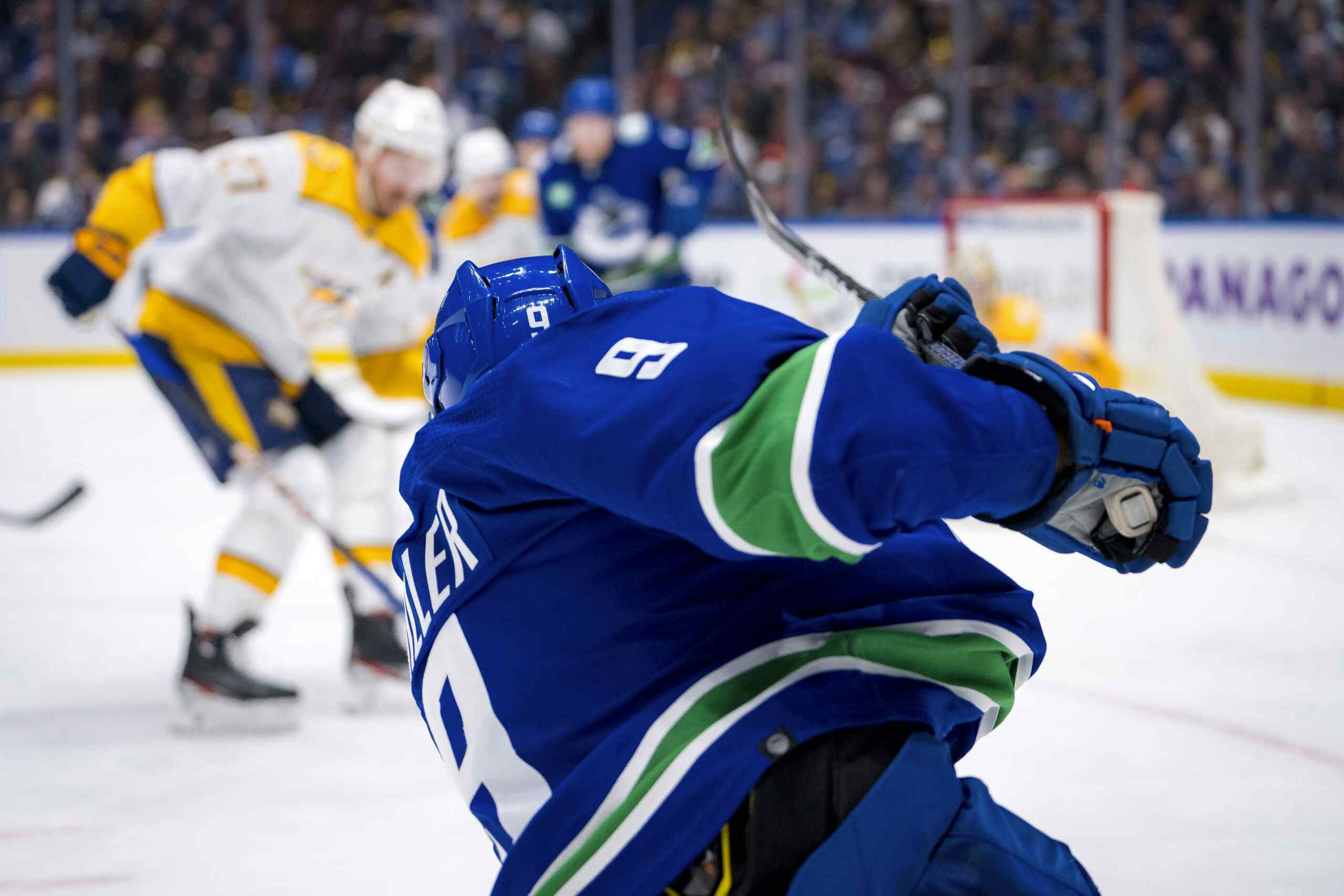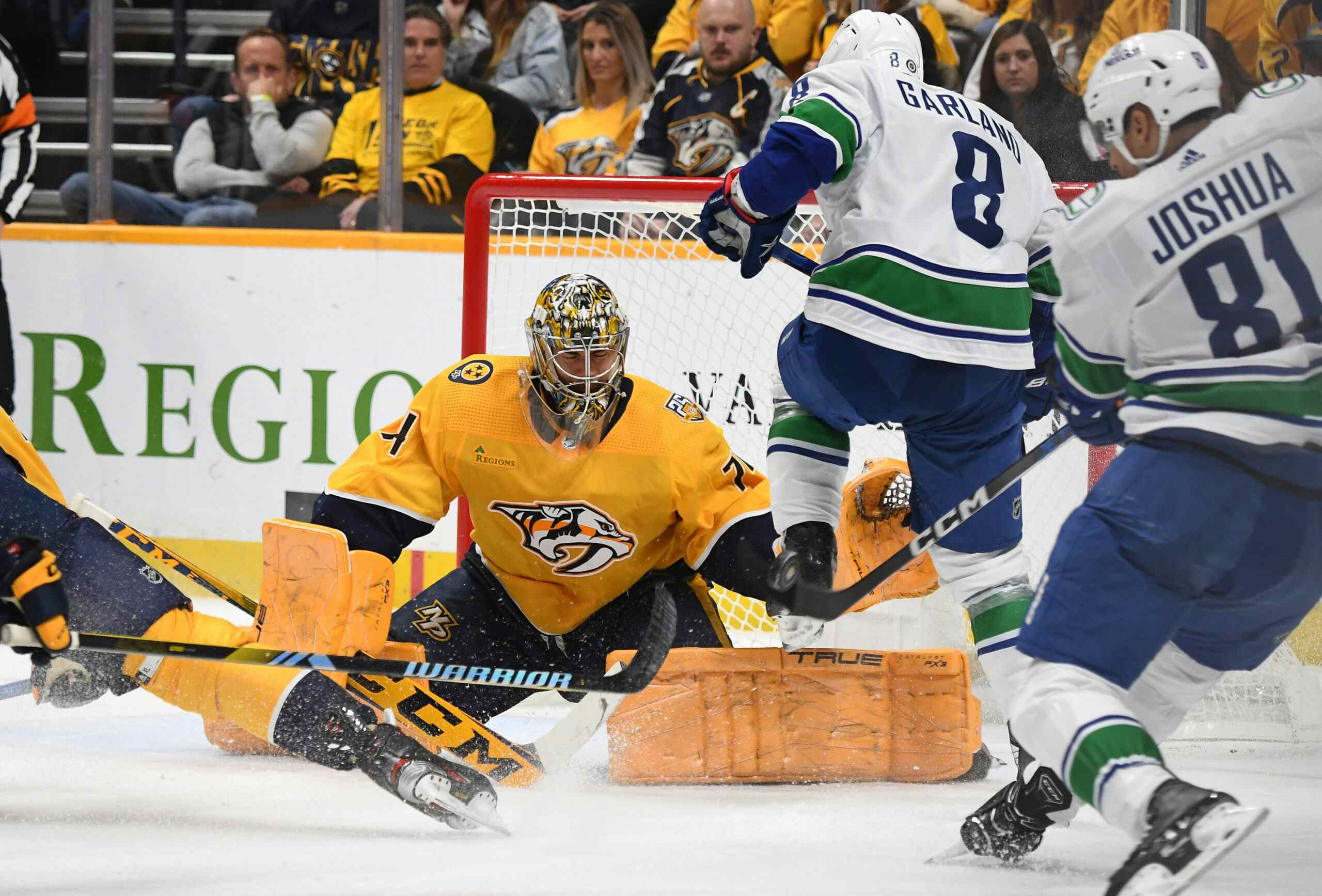A Poor Steward

By Taylor Perry
7 years agoThe players wanted it. The fans wanted it. So, of course, Gary Bettman and the NHL owners didn’t. Should we really have expected otherwise?
The league’s decision earlier this week to not participate in the upcoming 2018 Winter Olympics in Pyeongchang, South Korea was hardly a deviation from its rather long pattern of behaviour. With few financial assurances in place – and no direct monetary benefit from participation – the league once again demonstrated a callous indifference to its most ardent supporters. If there was ever any question of what the NHL favoured more, its fans or the bottom line, this action should answer it emphatically.
There was a greater amount of support, minimal though it was, towards the owners than I would have initially guessed. Even Elliotte Friedman acknowledged, despite his personal disappointment, that NHL owners could be forgiven for their position because they bear all of the risks in sending their players to the Olympics essentially. And that argument does indeed carry some weight. The IOC is not entirely absolved of blame in this matter, either.
But the issue goes deeper than that. From a business standpoint, the NHL will be fine. NBC and a few season ticket holders may be displeased now, but this league has endured far worse and survived. From a labour perspective, Bettman and the owners may have thrown a wrench into the looming CBA negotiations, but that is still a small issue in an otherwise larger problem. That larger problem concerns the NHL and its relation to the sport of hockey.
Foregoing the Olympics because of financial considerations signals that the league gives little consideration to the best interests of the sport it sells. Yes, the NHL would likely not see any direct financial windfall from Olympic participation. And yes, it is an antiquated policy that prevents the NHL from using Olympic highlights (like Crosby’s Golden Goal) in its promotional material. But that is beside the point. The Olympics are not about benefitting the NHL. In this instance, they are about benefitting the sport of hockey.
It is a question of stewardship, and, specifically, to whom it belongs. The NHL can lay claim to a majority of the best hockey players in the world. It also possesses the Stanley Cup, the most famous trophy in the sport – if not all of the sport. There is a history and a legacy, a mythology the NHL embraces, albeit less frequently than it should. Accordingly, the NHL has shown worryingly little interest in nurturing the game it markets. At best, it is an inept babysitter. At worst, a poor steward. In neither case should the NHL claim it actually cares about the sport’s best interests.
The evidence abounds. There have been three lockouts in the past twenty-three years, each more frustrating than the last. The quality of the on-ice product continues to deteriorate, with only cosmetic changes introduced to try and open up the game. Bettman states fans don’t care about player salaries, and the league initially refuses to disclose the lists of protected and unprotected players for the upcoming expansion draft. This all reeks, perhaps, of banal tone-deafness if it weren’t for one of the league’s more sinister blunders: its disconcerting refusal to address deficiencies in player safety.
The NHL may frame its efforts as being in the game’s best interests, but more often than not they promote the opposite. The league fails to recognize that it profits – at least in the domain of perception – from improving and growing the game. The owners may not feel they have a higher moral obligation towards being the caretakers of the sport, but they should. A healthier game means a better product, and everyone wins. Fans, players, and owners, alike.
So if not the NHL, then who or what defends the game of hockey? One could make a decent argument for the IIHF – an organization whose mission includes the objective “to govern, develop, and promote hockey throughout the world.” The IIHF, however, has never appeared to the have power or influence equal to the NHL. The IIHF has to balance the competing interests of its various member states, and it often seems the weaker sibling in its dealings with the world’s top league. Regardless, at the very least, the IIHF can stake a better claim to caring about the game. A non-profit organization, its goals speak to the cultivation of people with a passion for both playing and supporting the game of hockey. The NHL’s actions merely speak to the cultivation of consumers.
When fans voice their dismay about the NHL foregoing Olympic participation, it is an implication of allegiance. Their indignation suggests they are not merely NHL fans – although they may very well follow the league and their club fervently – it suggests, rather, that they are hockey fans. They care about the sport and its future. They may have competing conceptions of what constitutes the game’s best interests, but their stake is ultimately their passion. They wish to be entertained, thrilled, and perhaps even moved by the game’s greater aspects.
The NHL acts as if it possesses a monopoly of stewardship, but cares little for the responsibility that accompanies it. Other groups might be more fit to wear the mantle but lack the league’s power and prestige. A shared mutual interest in growing and nurturing the game amongst all its stakeholders would be ideal – it just also happens to be unrealistic. The NHL has the power and ability to do so almost on its own, yet repeatedly acts in its own best interests – inevitably leaving fans shaking their collective heads in disappointment.
Recent articles from Taylor Perry





